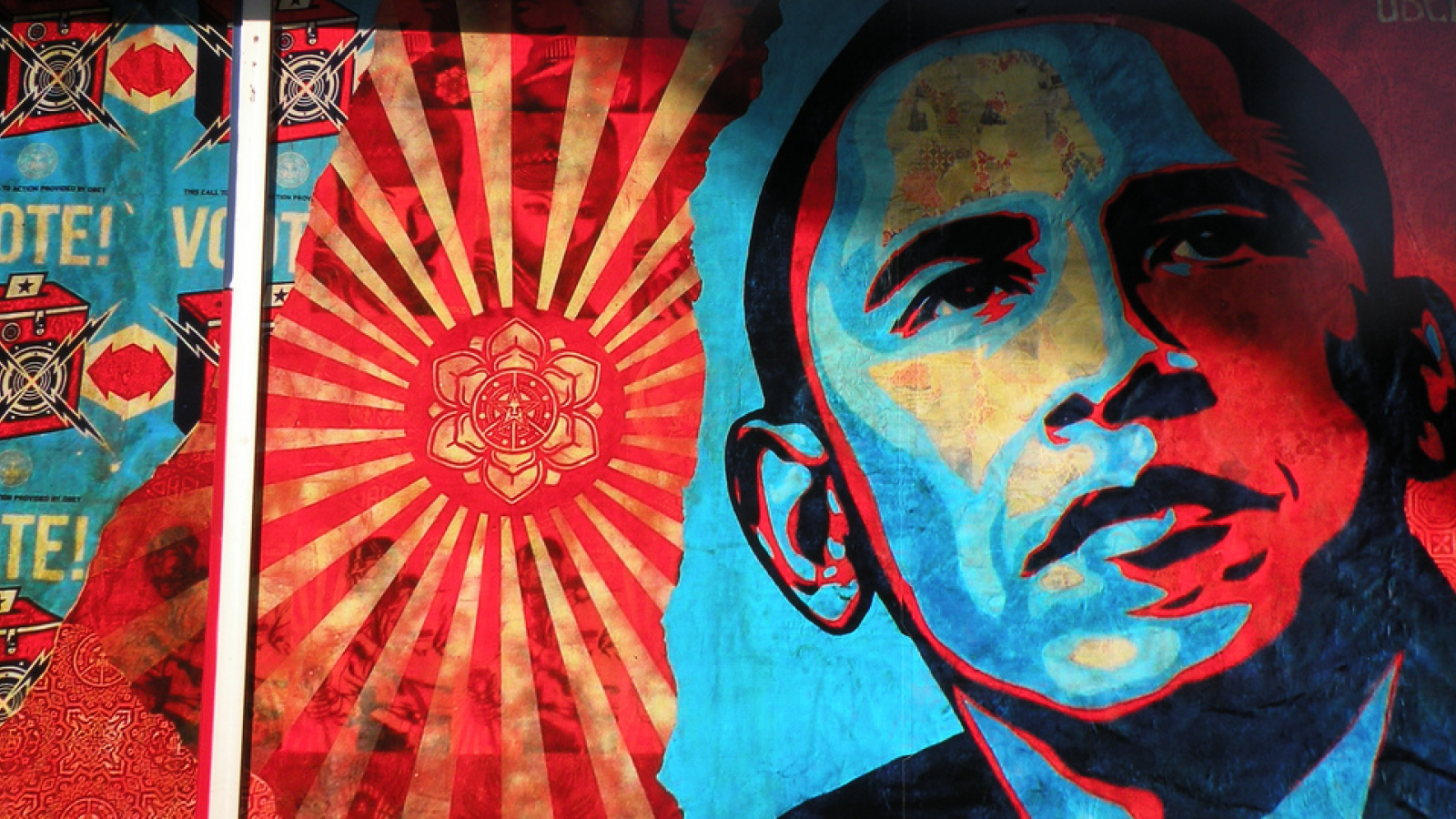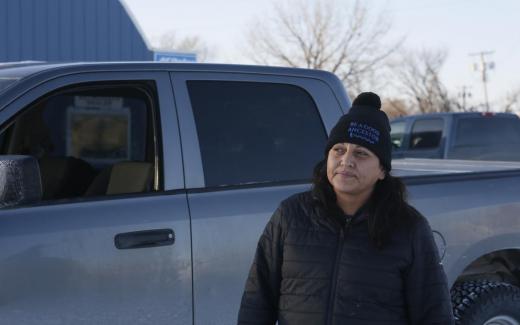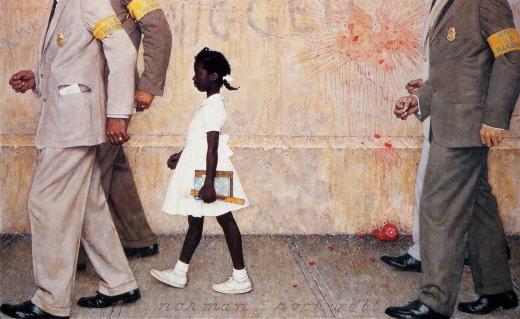Everyone knows that politics is now so divided in our country that not only do the two sides disagree on the solutions to the country’s problems, they don’t even agree on what the problems are. It’s two versions of the world in collision. This week we hear from people who’ve seen this infect their personal lives.
-
Download Control-click (or right-click) Tap and hold to download
- Subscribe on Spotify Subscribe in Apple Podcasts Subscribe
- Transcript

Special thanks: Jeff Jones, Anna Weggel, Gene Chandler, Philip Galanes, Elizabeth Garrett, Jessica Garrett Mills, Christine Hamm, Shawn Jasper, Corey Lewandowski, Terie Norelli, Robert Rowe, Amy Silver Judd and Tony Soltani.
Prologue
I Know You Are, But What Am I?
We surveyed hundreds of people around the country, from every part of the political spectrum, about the ways in which politics are interfering with their friendships and families. Producer Lisa Pollak reports. (20 minutes)
We collaborated with American Public Media’s Public Insight Network to find some of the interviewees for this story. Individual stories about how politics have affected personal relationships appear on their website.
Lisa also spoke with Phil Neisser and Jacob Hess, two political opposites and authors of You're Not as Crazy as I Thought (But You're Still Wrong), about their advice for how liberals and conservatives can have more productive conversations.
Nothing in Moderation
A portrait of what it looks like when politics gets polarized, and how hard it is for people in the middle to hang on. Producer Sarah Koenig explains what happened when a wave of Republican politicians swept to power with a three-to-one majority in 2010. New Hampshire’s a small state, and the shift to a more divisive in-your-face kind of politics happened very quickly, so it’s possible to see exactly what’s gained and lost when that happens. (30 1/2 minutes)
Update 11/7/12: Our story ended with a question: Is this an aberration, or is this the new New Hampshire? Yesterday we got an answer — and it demonstrates how the state's huge House of Representatives is so very representative, so responsive to shifts in public mood. After giving Republicans a three-to-one majority in the House and Senate in 2010, voters have swung the other way. Here's what we know so far: Early numbers have the Democrats taking 217 seats to the Republicans' 177, with six seats still undetermined. Speaker Bill O'Brien won his House seat, but he won't be speaker again, because Republicans not only lost their majority, they lost the House entirely. Reporters in New Hampshire are saying that Bill O'Brien won't be seeking any leadership position at all.



